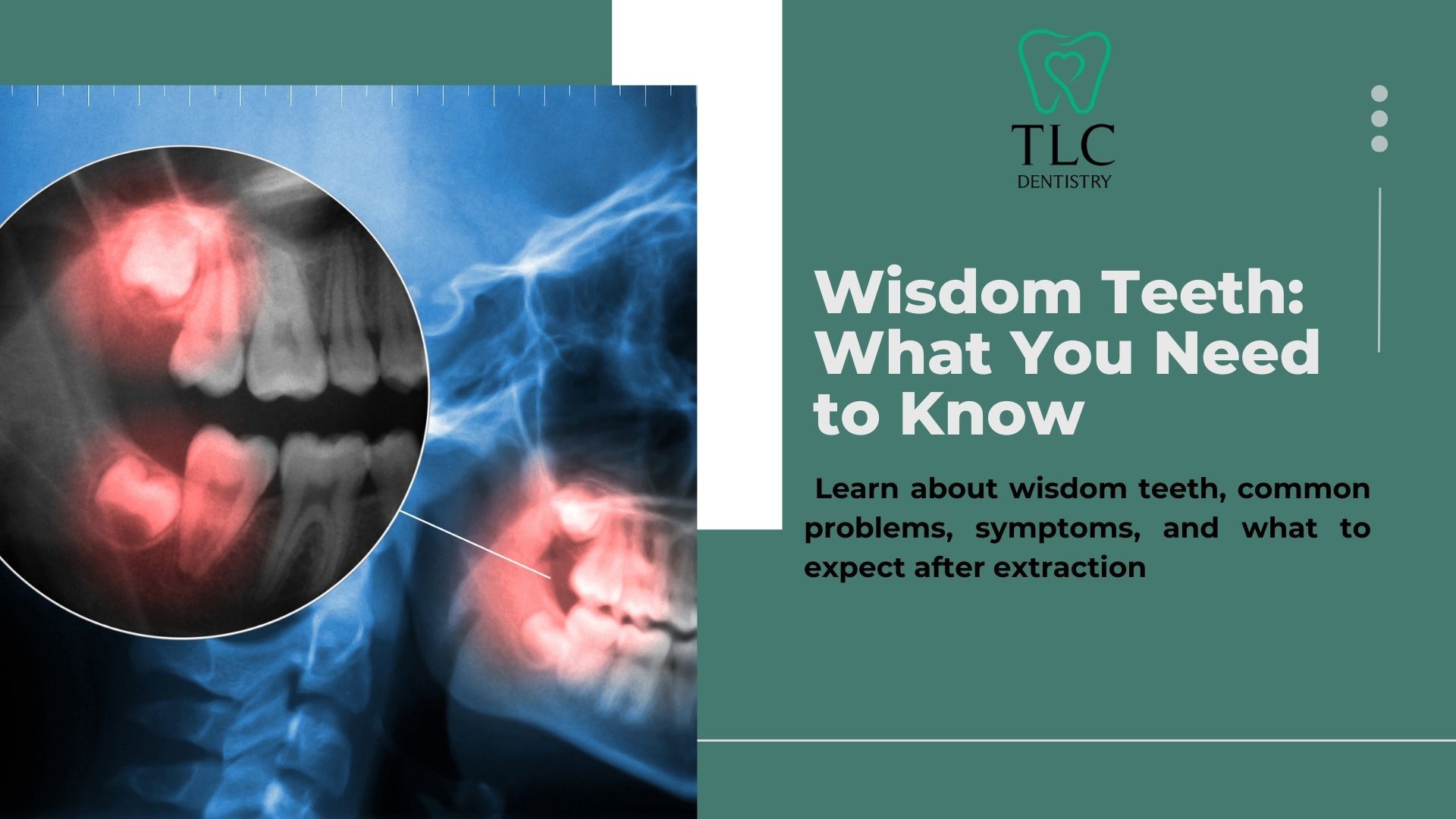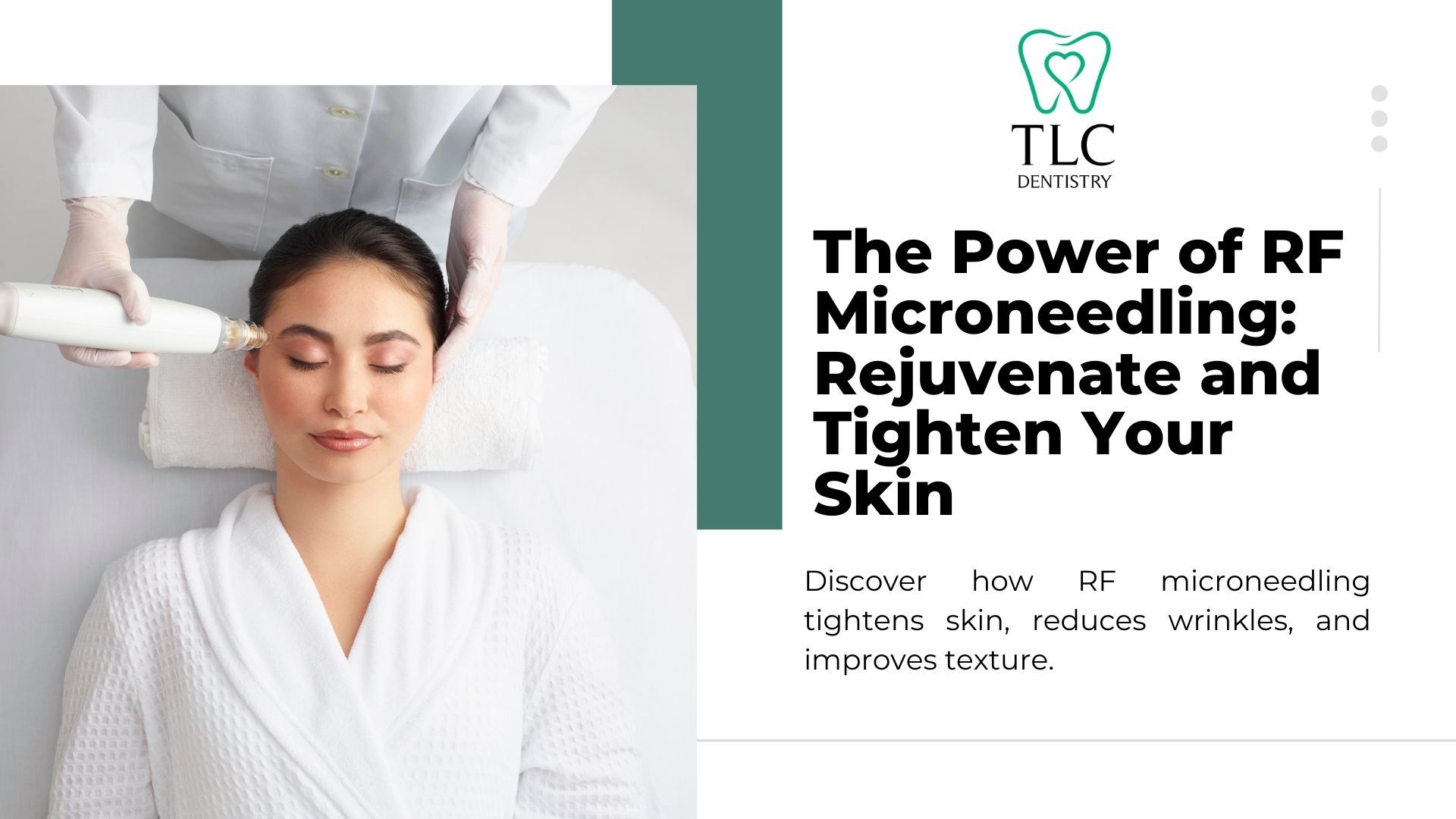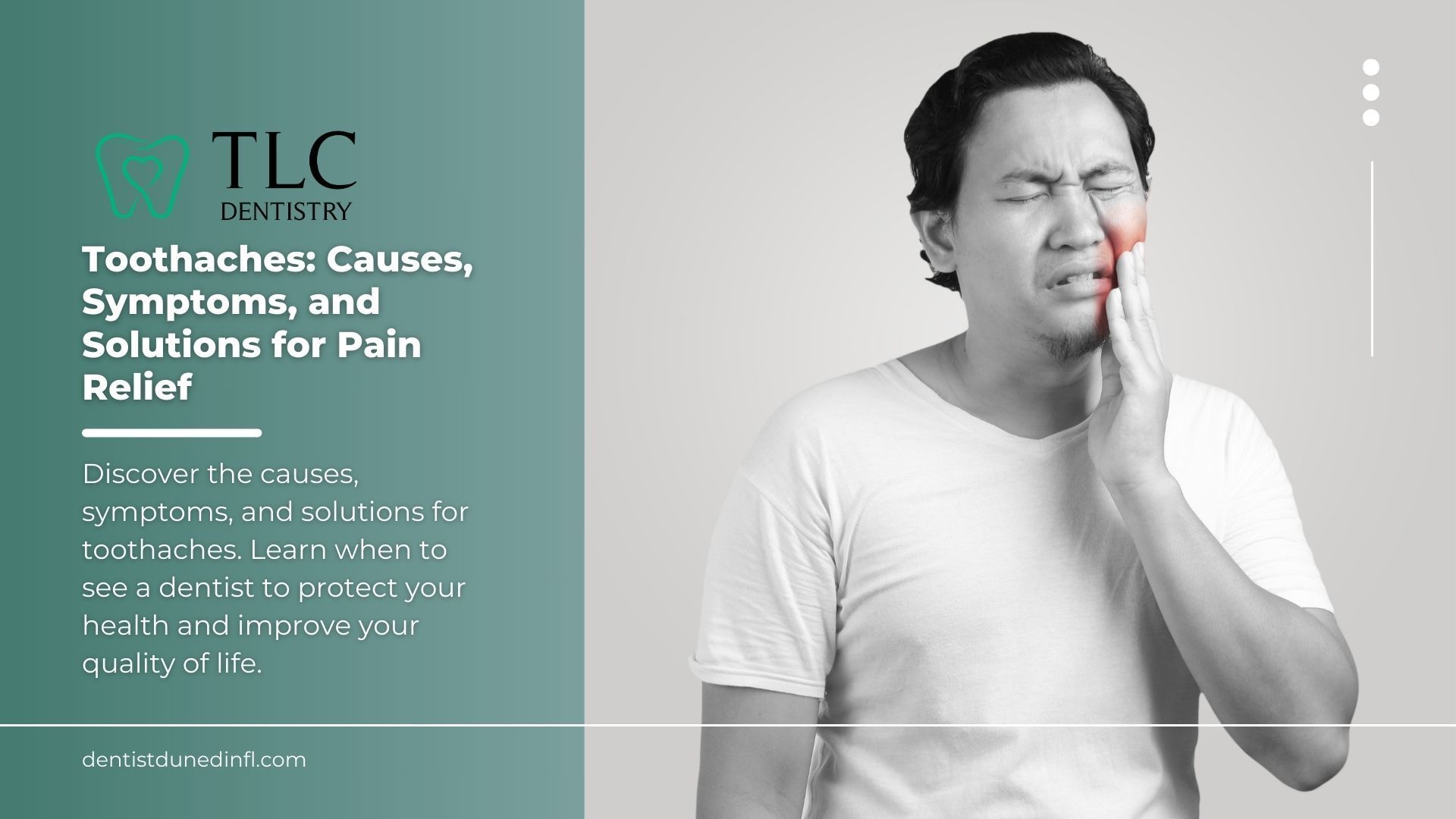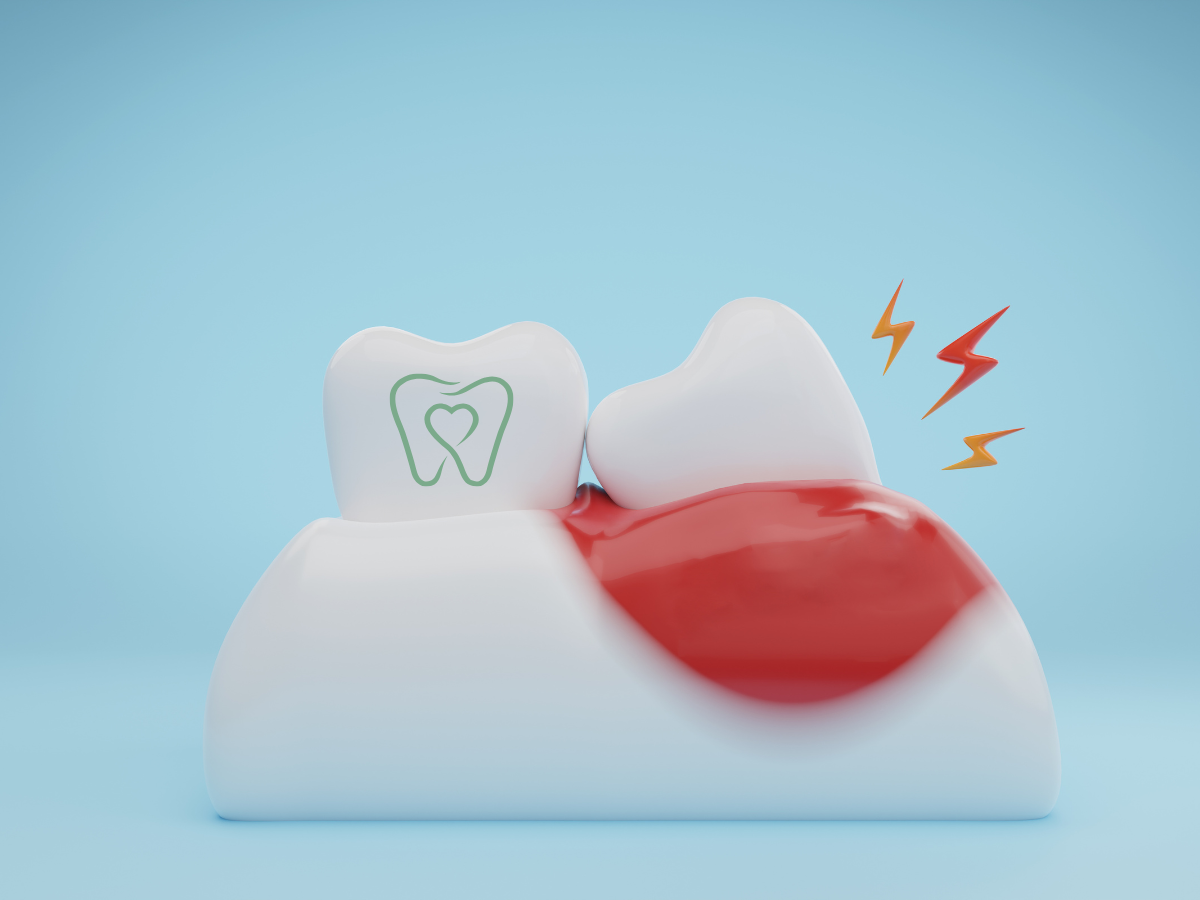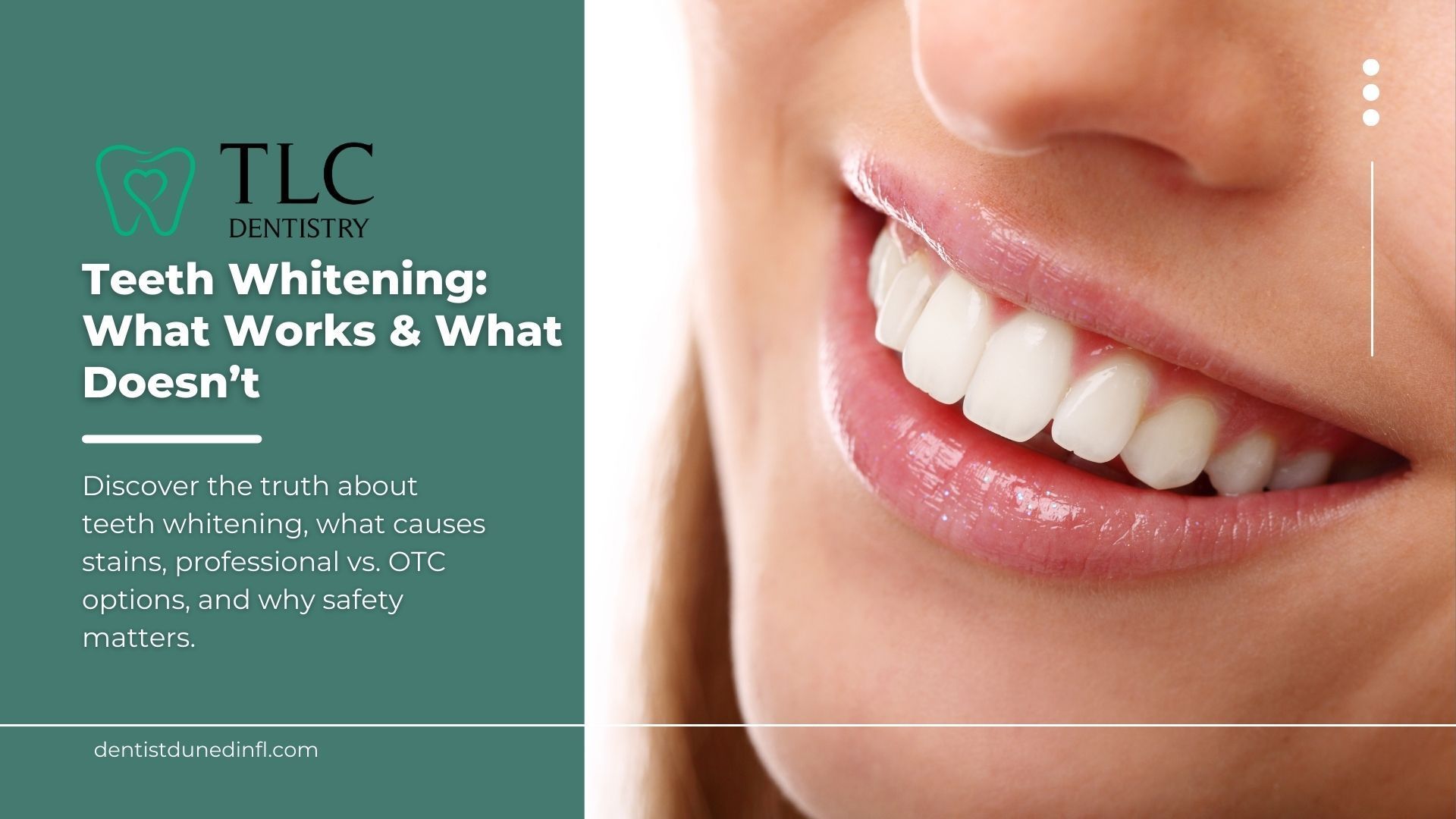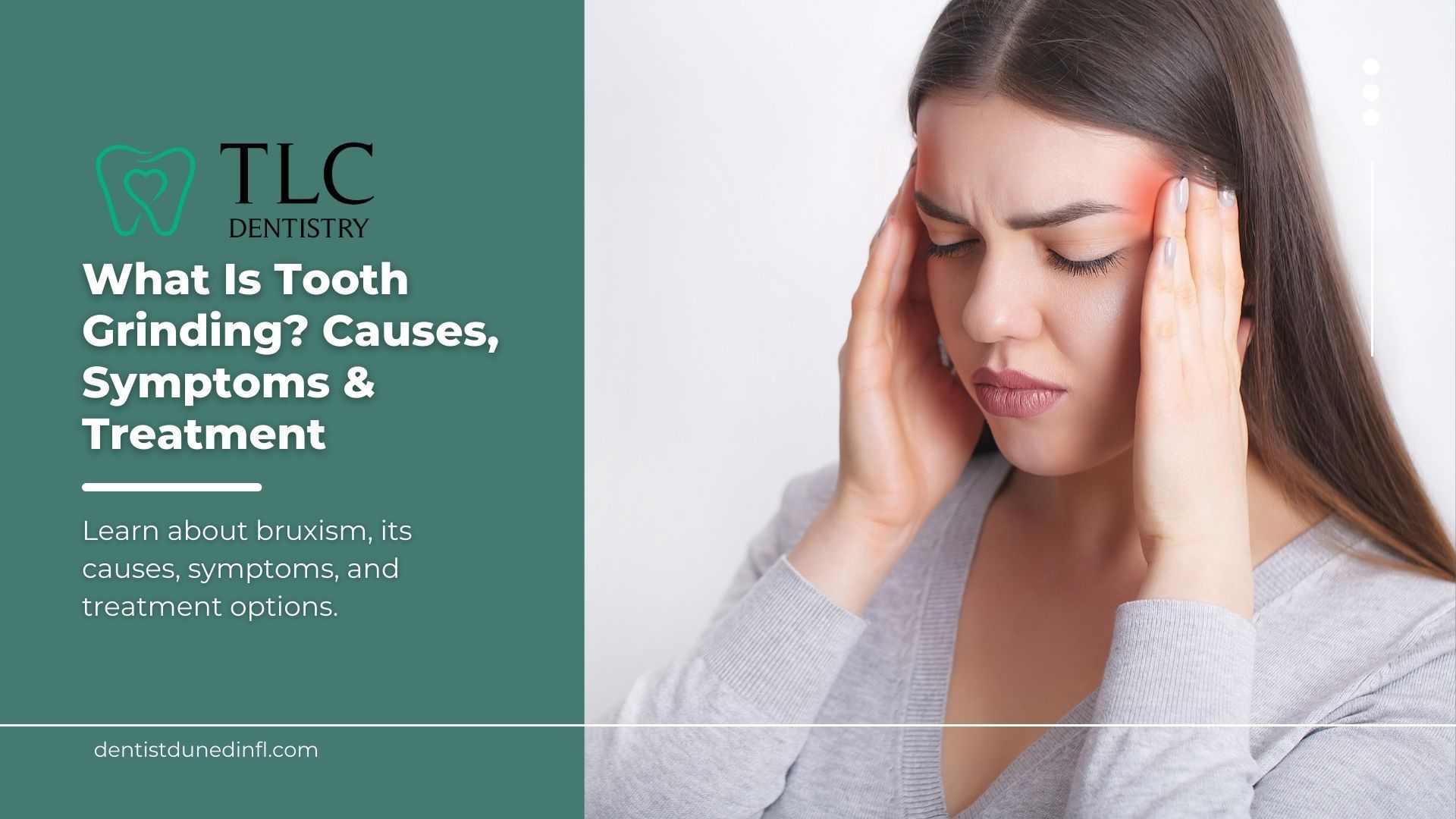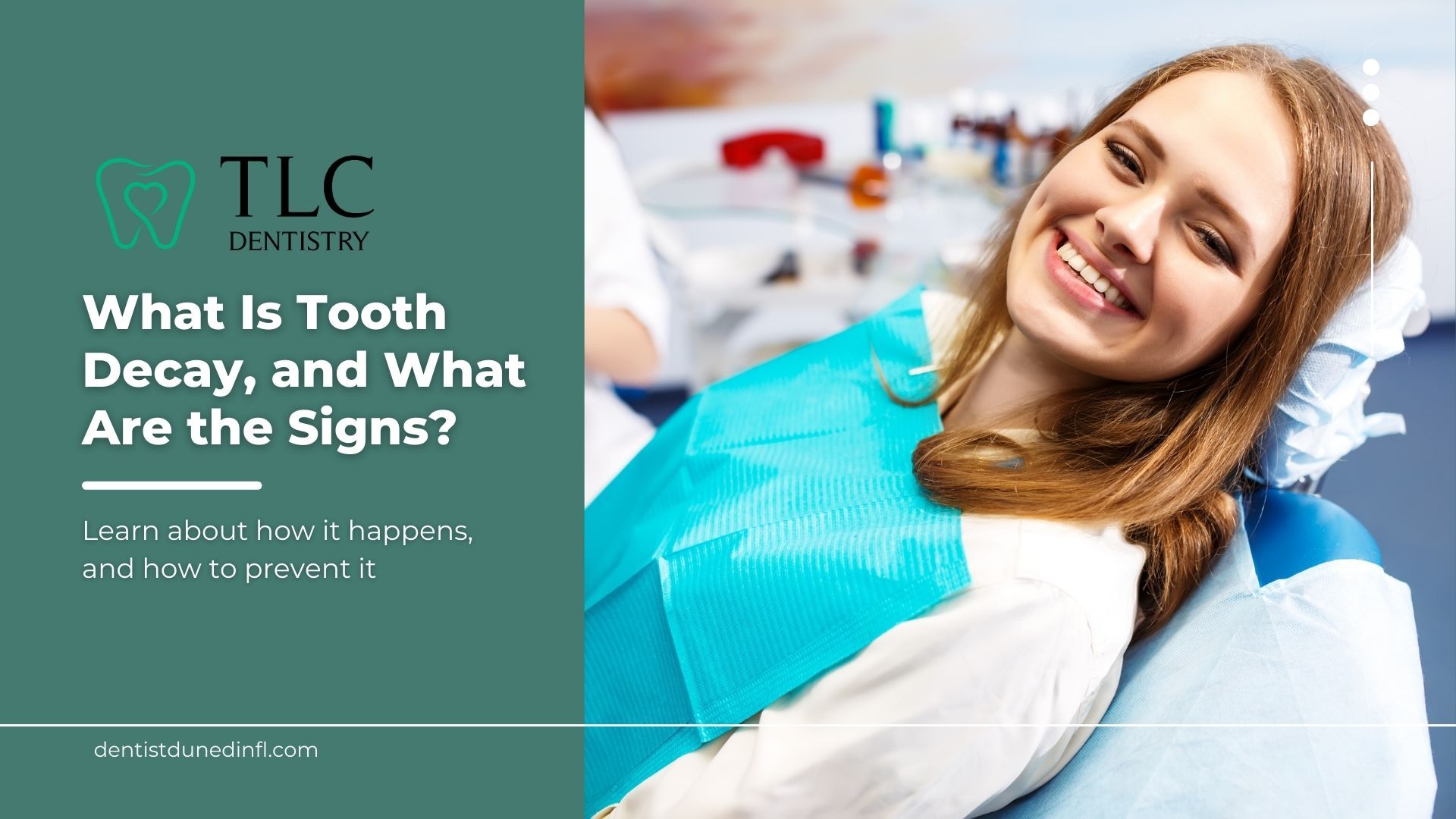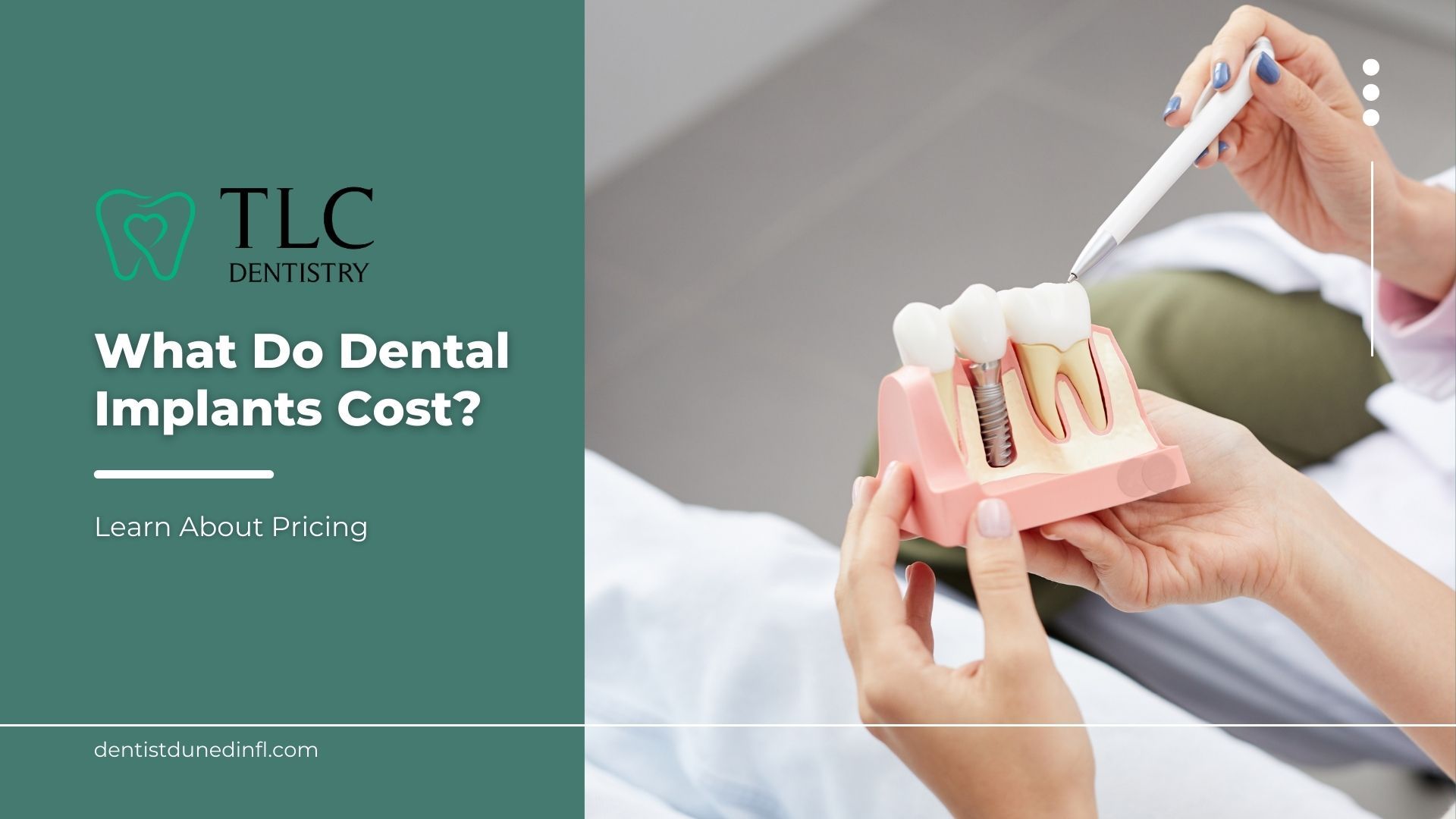What is the Goal of Preventive Dentistry?
Understanding Preventive Dentistry
Definition and Scope of Preventive Dentistry
Preventive dentistry encompasses all the practices involved in the care of teeth and gums to maintain their health and prevent oral diseases. At TLC Dentistry, preventive care begins with Examination and Consultation, which are crucial for assessing the overall oral health status of our patients.
Core Principles of Preventive Dentistry
The core principles of preventive dentistry include regular assessments, timely interventions, and continuous education. These principles aim to:
- Minimize the risk of oral diseases
- Enhance patient awareness about oral health
- Encourage the adoption of beneficial oral hygiene practices
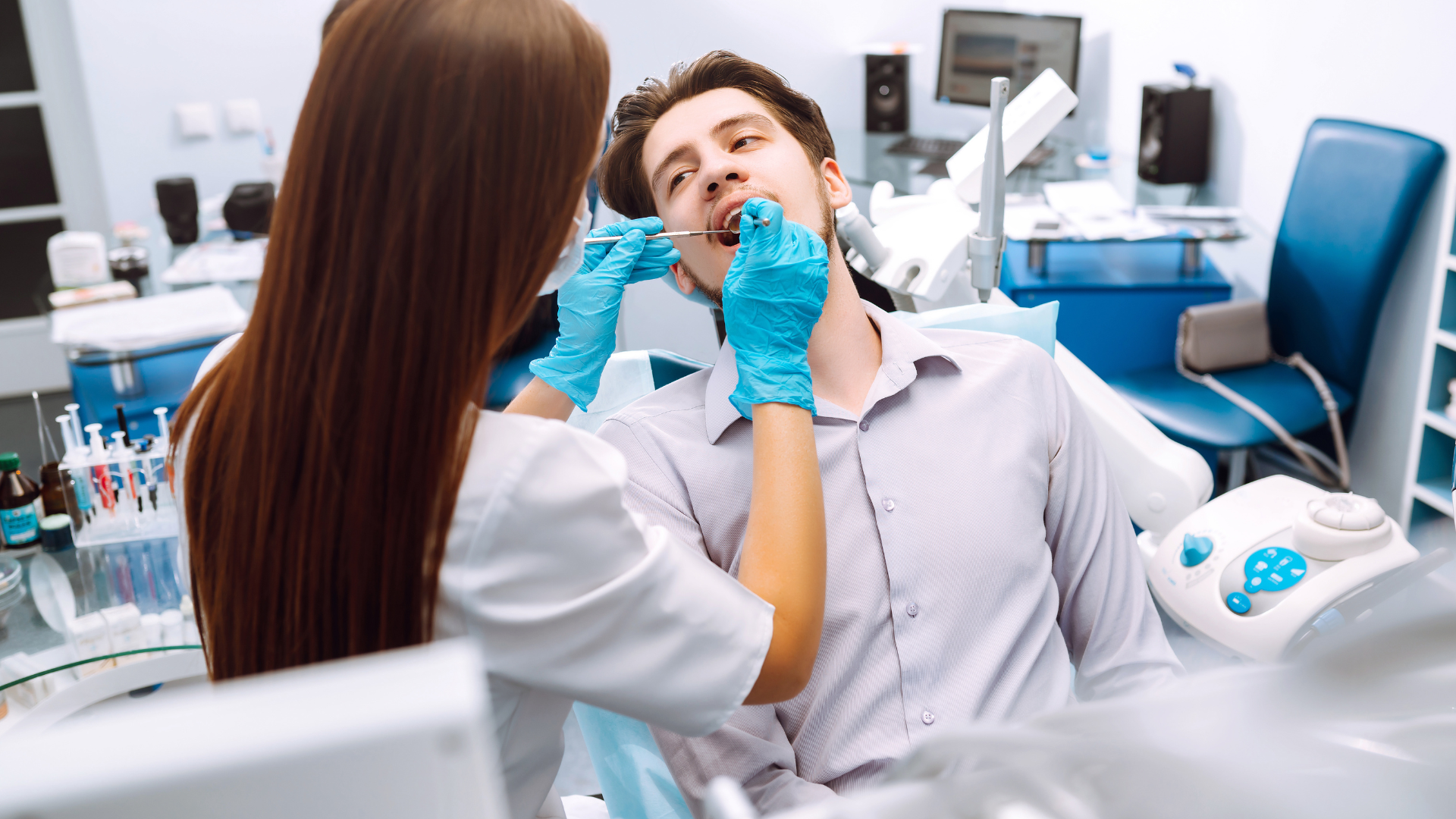
Historical Evolution
Preventive dentistry has evolved significantly over the years, integrating advanced technologies and methodologies to better serve patients This evolution reflects a shift from reactive to proactive dental care, emphasizing the importance of prevention over treatment.
Objectives of Preventive Dentistry
Preventing Oral Diseases
- Early detection of potential oral health issues to prevent their progression.
- Reduction of the incidence of cavities, gum diseases, and other oral conditions.
Promoting Oral Health
- Encouraging regular dental check-ups and cleanings at TLC Dentistry.
- Educating patients on the importance of maintaining optimal oral hygiene practices.
Reducing Dental Treatment Costs
- Minimizing the need for extensive dental procedures through proactive care.
- Lowering long-term healthcare expenses for patients by maintaining a focus on prevention.
Preventive dentistry aims to ensure a healthier future by addressing dental issues before they develop into more serious conditions.
Key Practices in Preventive Dentistry
Preventive dentistry encompasses a range of practices aimed at maintaining oral health and preventing dental diseases before they develop. TLC Dentistry emphasizes the importance of these practices to ensure long-term dental health and minimize the need for more complex treatments.
Regular Dental Check-ups
Regular dental check-ups are crucial for early detection and management of oral health issues. Patients are advised to visit their dentist at least twice a year for examinations and to monitor the health of their teeth and gums.
Professional Dental Cleanings
Professional cleanings by a dental hygienist are essential to remove plaque and tartar that regular brushing and flossing might miss. These cleanings help prevent periodontal disease and cavities, and also provide an opportunity to identify areas that need extra attention in a patient’s daily oral hygiene routine.
Patient Education and Awareness
Educating patients about the importance of oral hygiene and preventive care is fundamental. TLC Dentistry focuses on:
- Proper brushing and flossing techniques
- The impact of diet on oral health
- The importance of regular dental visits
Emphasizing patient education helps individuals understand their role in maintaining their oral health and prevents the development of dental problems.
Role of Fluoride in Preventive Dentistry
Fluoride plays a pivotal role in preventive dentistry, a fact well recognized and utilized by practices like TLC Dentistry to enhance oral health outcomes. Fluoride's primary benefit in dental care is its ability to strengthen tooth enamel and make it more resistant to decay, a cornerstone in the fight against cavities.
Mechanism of Action
Fluoride acts on the teeth in two main ways: it helps in the remineralization of enamel and inhibits the bacteria in the mouth from producing acid that erodes tooth enamel. This dual action makes fluoride a powerful agent in preventing tooth decay.
Sources and Forms of Fluoride
- Toothpaste
- Mouth rinses
- Professionally applied fluoride treatments
- Water fluoridation
These sources ensure that fluoride is a part of daily oral hygiene and professional care regimes, making it accessible and effective.
Controversies and Guidelines
While fluoride is essential for dental health, its use has sparked debates concerning safety and optimal levels. TLC Dentistry follows the guidelines set by major dental health organizations, ensuring that the benefits of fluoride are delivered safely and effectively.
Fluoride, when used appropriately, is a safe and essential component in preventive dentistry, significantly reducing the incidence of dental caries.
We have fluoride free options available for any patients prefer not using fluoride containing products.
Technological Advancements in Preventive Dentistry
Innovative Diagnostic Tools
The integration of advanced diagnostic tools has revolutionized preventive dentistry. Technologies such as digital X-rays, intraoral cameras, and laser fluorescence detectors enable early detection of dental issues, often before they become visible to the naked eye. These tools not only enhance diagnostic accuracy but also improve patient comfort and reduce exposure to radiation.
Enhanced Preventive Treatments
Preventive treatments have seen significant improvements with the advent of technology. For instance, TLC Dentistry utilizes sealants and fluoride varnishes that are more effective and longer-lasting. Additionally, the development of antimicrobial and remineralizing agents that can be applied directly to the teeth has further empowered preventive care.
Impact on Patient Outcomes
The use of advanced technologies in preventive dentistry has a profound impact on patient outcomes. Early detection and treatment of oral health issues can lead to better overall health, reduced need for invasive treatments, and lower healthcare costs. The emphasis on preventive care through technological advancements ensures that patients maintain optimal oral health with minimal intervention.
Challenges in Implementing Preventive Dentistry
Access to Care Issues
Access to preventive dental care remains a significant challenge, particularly in underserved and rural areas. Efforts to expand coverage and access through policy changes and community outreach are essential.
Patient Compliance
Encouraging patients to adhere to preventive care routines can be difficult. Education and regular communication from trusted dental practices like TLC Dentistry can improve compliance rates.
Economic and Policy Barriers
The cost of implementing comprehensive preventive programs can be prohibitive for some practices. Additionally, inconsistent policies regarding preventive care coverage can further complicate the landscape.
Effective preventive dentistry requires overcoming these challenges to ensure that all patients have the opportunity to benefit from proactive dental care.
Frequently Asked questions
What is preventive dentistry and why is it important?
Preventive dentistry focuses on maintaining oral health to prevent dental diseases. It is important because it helps avoid costly treatments and ensures long-term oral health.
How often should I visit a dentist for preventive care?
It is generally recommended to visit a dentist for preventive care every six months, though individual needs may vary based on specific oral health conditions.
What are some common preventive dentistry practices?
Common practices include regular dental check-ups, professional cleanings, fluoride treatments, and patient education on proper oral hygiene.
How does fluoride help in preventive dentistry?
Fluoride strengthens tooth enamel and helps prevent decay by making teeth more resistant to acid attacks from plaque bacteria and sugars in the mouth.
What are the challenges in implementing preventive dentistry?
Challenges include ensuring access to care, encouraging patient compliance with preventive measures, and navigating economic and policy barriers.
Can technology improve preventive dentistry outcomes?
Yes, technological advancements like innovative diagnostic tools and enhanced preventive treatments have significantly improved patient outcomes in preventive dentistry.


